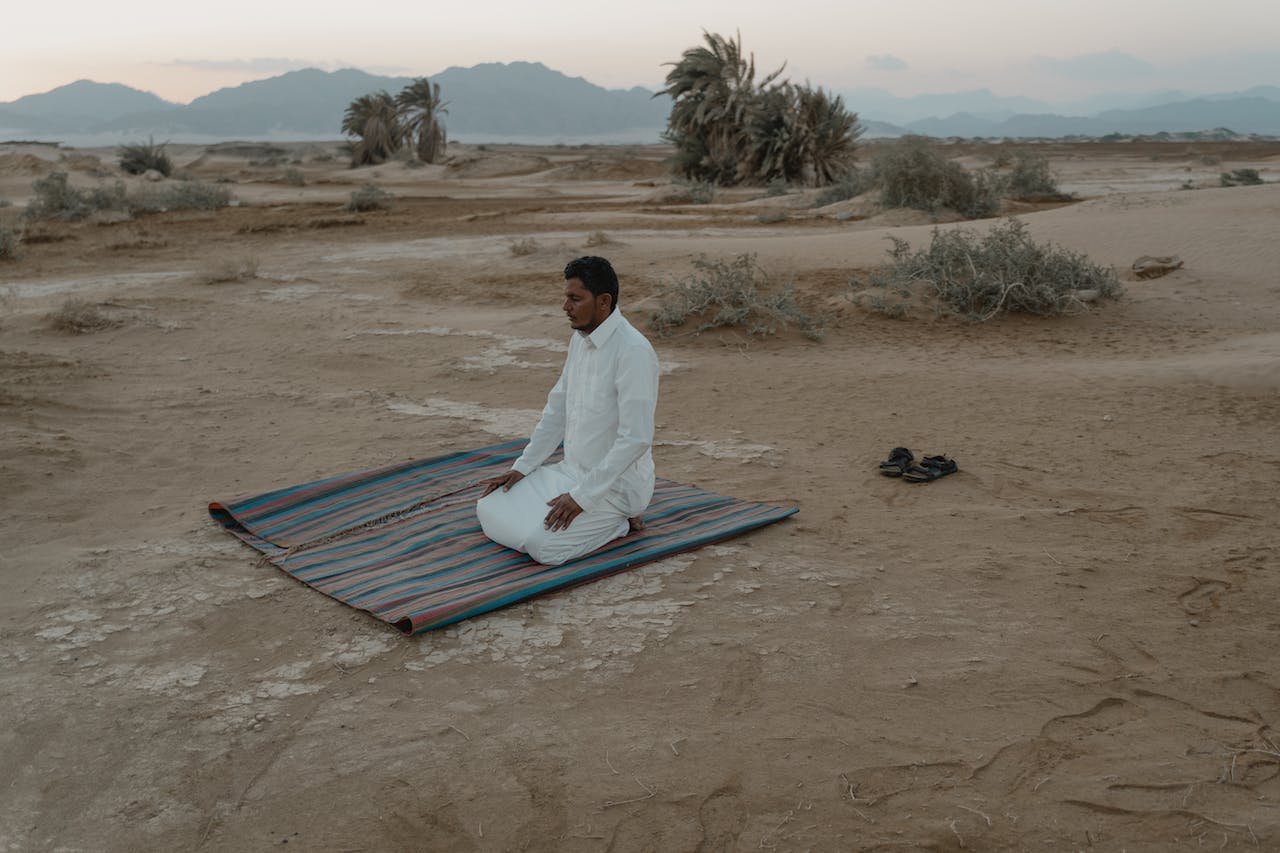Across regions, Muslims largely agree on what the Quran and Sunna say about a number of issues.
For example, most Muslims worldwide agree that certain behaviors are morally wrong, including prostitution, homosexuality and suicide.
But there are many other differences in interpretation of Islamic teachings. These differences stem from a variety of factors, including religious commitment and regional influences.
The Qur’an
The Qur’an is a book of 114 chapters, called suras, that are read daily in ritual prayers. Each chapter is divided into verses, known as ayat. The first chapter, al-Fatiha (“the Opening”) is recited at the beginning and end of all prayers. It is the most popular of all suras. Most of the other chapters are recited at some times during the five daily prayers, while others are included in many ritual prayers and other ceremonies.
The most important aspect of the Qur’an is its monotheistic message and its rejection of polytheism. The book is uncompromising in its monotheism and rejects idolatry as sin. It also insists that God is one and unique and that humanity’s mission in the world is to worship God alone. It also rejects polygamy and enjoins monogamy.
Moreover, the Qur’an places Muhammad at the end of a line of prophets that begins with Abraham and includes the stories of Noah, Moses, and Jesus. It accepts Jews and Christians as “People of the Book,” recognizing their scriptures as divine guidance. Its teachings on ethics and social behavior have shaped the Islamic world for centuries.
Modern exegetes are prone to drawing thematic connections between different verses in the Qur’an. This is especially the case when a verse touches upon a dogmatic rift in the community of Muslims. For example, the Ahmadiyya movement has a fundamentally different interpretation of Q 3:55 regarding the death and ascension of Jesus than other branches of Islam.
Aside from thematic elaborations, exegetes are very conscious of how their own socio-economic and personal backgrounds shape their understanding of the Qur’an. This is particularly true of contemporary interpreters who use mass media to disseminate their views.
Some contemporary interpretations of the Qur’an are highly literalist and rooted in a reading that plays on the theory of abrogation, which holds that later, more intransigent verses supersede earlier ones. This view, which has been cited by the Islamic State, has contributed to sectarian violence and international terrorism. In addition, as Joas Wagemakers points out, it has led to misunderstandings of the text.
The Hadith
Hadith (dit, also ahdt) are attributed reports about the words and actions of Islam’s prophet, Muhammad. They are regarded as the second most authoritative source of Islamic law and creed after the Qur’an. A hadith is deemed a valid and sound report if it has passed down through an unbroken chain of reliable narrators from the Prophet, or from one of his Companions or Successors. The number of narrators in the chain is important, as is their level of reliability. The more narrators in the chain, the more likely it is that the hadith is genuine.
Hadiths are evaluated according to a complex system of criteria involving the length and reliability of the isnad, the orthodoxy of the transmitters, and the content of the report. In addition, the hadiths are ranked according to their overall quality. Hadiths considered to be sahih, or sound, have a reliable and uninterrupted isnad from the Prophet and contain a text that does not contradict orthodox belief. Those considered to be hasan are based on a longer and more reliable isnad from the Prophet or his Companions, but may still contain some inconsistencies. A weak hadith is one whose isnad contains multiple inconsistencies or has a problematic transmitter.
Mawdu, or fabricated, hadith are those that are known to have been invented. Al-Dhahabi explains that hadiths are deemed mawdu if their text is inconsistent with established norms of the Prophet’s sayings, or if they have a chain of narrators who includes a liar. Some fabricated hadiths are known to have been inventoried by their own creators, who were often executed for fraud or other crimes.
Since the 1300s, scholars have amalgamated and analysed earlier works of hadith criticism. ‘Abd al-Ghani al-Maqdisi wrote an abridgment of the six books of hadith transmission, presenting detailed descriptions and evaluations of the transmitters and their chains of narration in his al-Kamal fi ma’rifat asma al-rijal (The Perfection of Knowing the Names of Transmitters). Jamal al-Din al-Mizzi expanded on this work in his Tahdhib al-kamal (The Refinement of the Perfection), which is still the most thorough analysis of the ratings of the transmitters.
The Sunnah

The Sunnah (also spelled sunna or sunnah) refers to the practices, actions, and tacit approvals of the Islamic prophet Muhammadp that Muslims consider to be a model for them. These practices are documented by Islamic scholars through reports and narrations known as hadith. Sponsor an orphan by donating here to empower people who are in need.
As in the case of the Qur’an, the Sunnah is considered to be inspired revelation and thus carries the same authority as divinely revealed Scriptures do. It is the basis of Islamic jurisprudence. However, it is not as clear-cut and unambiguous as the Qur’an because, unlike the Qur’an, the Sunnah was transmitted orally rather than in writing. As a result, many details were lost or forgotten, and Islamic legal schools developed different approaches to interpreting the Sunnah.
According to some legal scholars, the Sunnah is divided into two categories: the confirmed (Sunnah mu’akkadah) and the optional (Sunnah ghair mukkadah). The former are obligations that must be followed without excuse; neglecting them can lead to sin. The latter are recommended but not obligatory, and if neglected, there is no sin in doing so.
One of the more common interpretations of the Sunnah is that it consists of the actions and habits of the Islamic prophet and his companions, who were considered models for all Muslims. This is referred to as the “way of life,” which is a central theme of Islam. The way of life is believed to be a path to eternal happiness and peace.
The practice of observing the Sunnah is considered a crucial part of an Islamic lifestyle. It is also a major element of the Muslim prayer, or salat. The Sunnah of the Islamic prophet and his companions is a source of guidance for Muslims when it comes to their daily lives, their interpersonal relationships, their work and business practices, their morality, their ethics, and their overall outlook on life.
The Sunnah is also the basis of a fundamental principle in Islam called “ijtihad,” which explains how Muslim jurists interpret Islamic law and practice. Ijtihad involves a rigorous process of studying the Qur’an and the Hadith in order to discern what is authentic. This can include examining the circumstances of an action, understanding how something was interpreted in the past, analyzing the differences between two interpretations, and considering the evidence used to make a decision.
The Traditions
The search for justice is a central element in Islam. The Qur’an teaches Muslims that they should be fair to others and to themselves. They should also be tolerant, not only of their fellow believers but also of non-believers. A Muslim should not judge another until he knows the situation well enough to do so. Likewise, he should be careful not to use his religious beliefs as an excuse for committing injustices.
The Qur’an states that human beings are God’s vice-regent on earth and that they are tasked with taking care of the earth and its creatures, and with obeying God’s commands. As such, they are expected to take advantage of the natural resources around them and be good stewards. They are expected to develop their knowledge and abilities to the fullest extent possible and are enjoined to seek out what benefits other humans.
In the Muslim world there are two primary traditions that are practiced by approximately 85-90 percent of all Muslims: Sunni and Shia. Both follow the Qur’an and the Sunnah, but they differ on how they apply these texts in their respective communities. The Sunni tradition, which comprises the majority of Muslims, believes that a leader of the community, the khalifa, should be elected democratically. The Shia, on the other hand, believe that the khalifa should be a hereditary figure who descends from the Prophet’s family and is guided by his authority.
One of the main reasons that Islam is such a widely-practiced religion worldwide is that its principles are incredibly diverse and can be adapted to many different contexts. Islamic thought presents generic principles and core values as moral paradigms that can be used to address socio-political issues in any given community. This is why it is important for people to understand the nuances of the various traditions of Islam so that they can make the most informed choice when choosing an interpretation of the Islamic faith. Religion and culture are inseparable in most Muslim countries, so cultural factors must be taken into account when selecting an interpretation of the Qur’an and its teachings.

